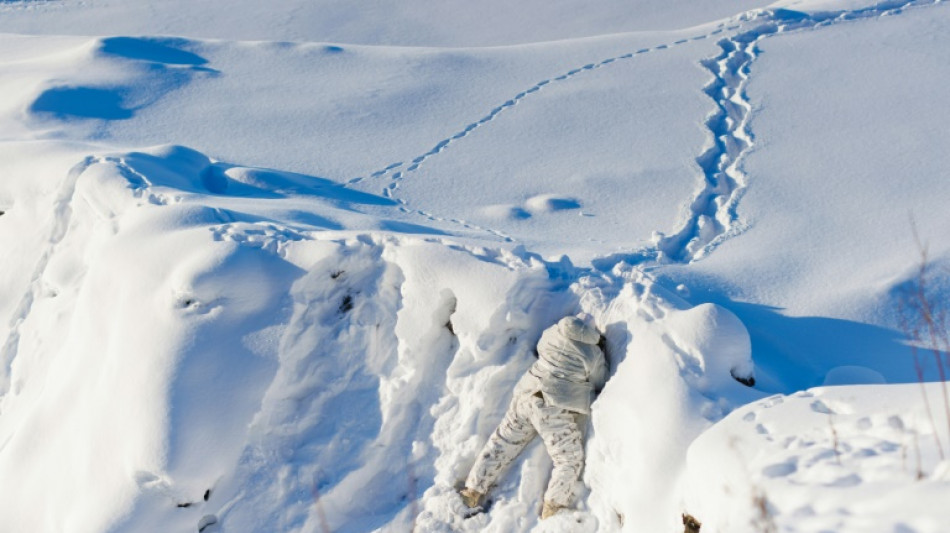
-
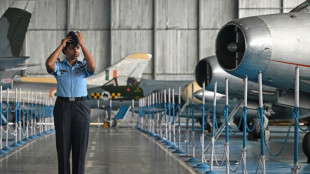 India's woman fighter pilot trailblazer eyes space
India's woman fighter pilot trailblazer eyes space
-
'Shared dream': China celebrates Zhao's world snooker breakthrough

-
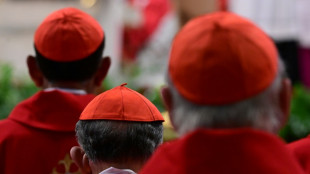 Wait for Vatican white smoke fires up social media
Wait for Vatican white smoke fires up social media
-
Sinner leading the charge in golden era for Italian tennis
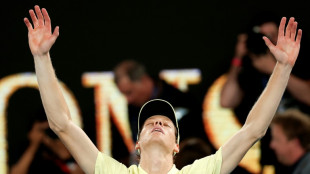
-
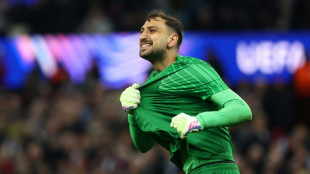 Donnarumma stands tall on PSG's Champions League run
Donnarumma stands tall on PSG's Champions League run
-
Dollar recovers some losses, stocks gain as traders eye tariff deals
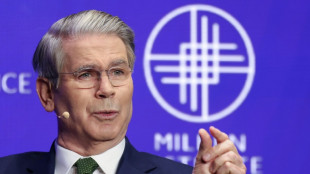
-
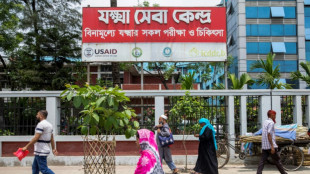 US aid cuts push Bangladesh's health sector to the edge
US aid cuts push Bangladesh's health sector to the edge
-
Prayers, pride in Philippine papal contender's hometown
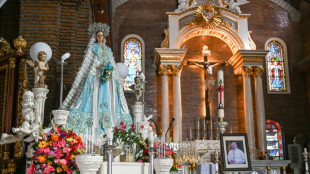
-
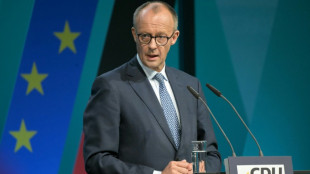 Germany's Merz to launch new govt in times of Trump turbulence
Germany's Merz to launch new govt in times of Trump turbulence
-
Brunson sparks Knicks in comeback win over Celtics

-
 All roads lead to Rome Open for Sinner after doping ban
All roads lead to Rome Open for Sinner after doping ban
-
French Resistance members reunited 80 years after end of WWII
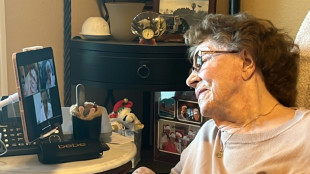
-
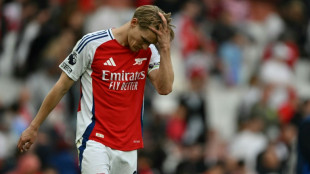 Arsenal must 'stick together' in PSG showdown: Odegaard
Arsenal must 'stick together' in PSG showdown: Odegaard
-
New Zealand PM proposes banning under-16s from social media

-
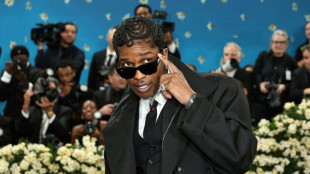 Rihanna reveals third pregnancy on Met Gala night
Rihanna reveals third pregnancy on Met Gala night
-
Trump orders curb on virus research he blames for Covid pandemic
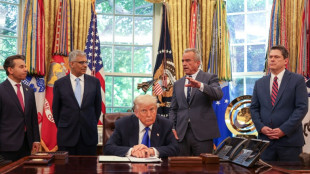
-
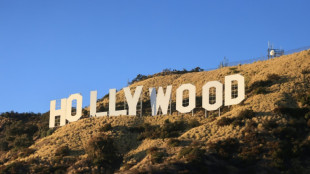 'Makes no sense': Hollywood shocked by Trump's film tariffs announcement
'Makes no sense': Hollywood shocked by Trump's film tariffs announcement
-
First day of jury selection wraps in Sean Combs sex crimes trial
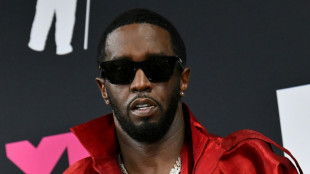
-
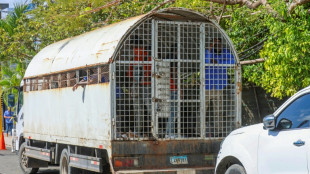 Dominican Republic reports sharp rise in Haitian migrant deportations
Dominican Republic reports sharp rise in Haitian migrant deportations
-
Mennonite communities raise hackles in Peruvian Amazon
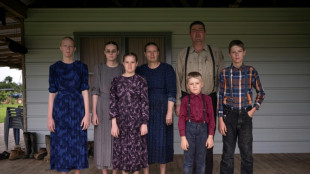
-
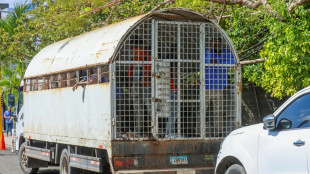 Dominican Republican reports sharp rise in Haitian migrant deportations
Dominican Republican reports sharp rise in Haitian migrant deportations
-
Stars shine at Met Gala, showcasing Black dandyism
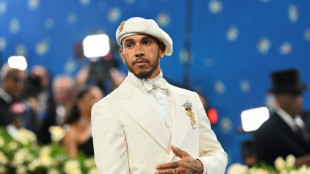
-
 Ireland captain Doris doubtful for Lions tour due to shoulder injury
Ireland captain Doris doubtful for Lions tour due to shoulder injury
-
Pentagon chief orders 20% cut in number of top officers

-
 'New superstar' Zhao's world title heralds Chinese snooker revolution
'New superstar' Zhao's world title heralds Chinese snooker revolution
-
OpenAI abandons plan to become for-profit company
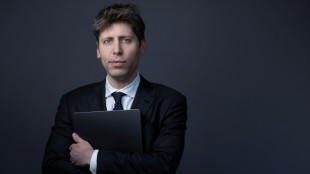
-
 Ford sees $1.5 bn tariff hit this year, suspends 2025 forecast
Ford sees $1.5 bn tariff hit this year, suspends 2025 forecast
-
Snooker star Zhao: from ban to Chinese sporting history
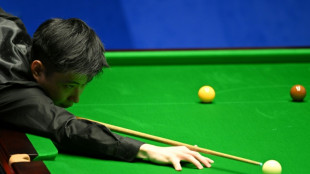
-
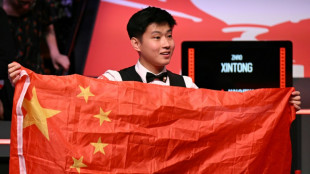 Zhao makes history as China's first World Snooker champion
Zhao makes history as China's first World Snooker champion
-
Brazilian ritual root gets second life as potential anti-depressant
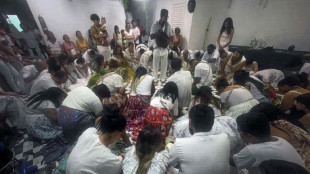
-
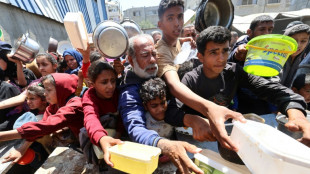 Israel says 'most' Gazans to be displaced in expanded operation
Israel says 'most' Gazans to be displaced in expanded operation
-
Israel strikes Yemen after Huthi attack on Ben Gurion airport
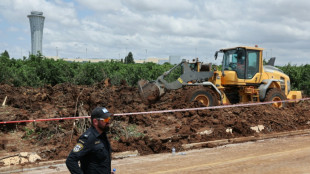
-
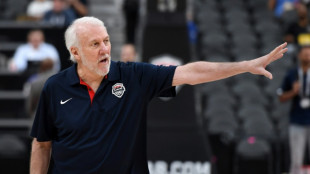 'It's time': Popovich passes Spurs torch to Johnson
'It's time': Popovich passes Spurs torch to Johnson
-
Cummins heroics in vain as rain forces Hyderabad out of IPL playoff race

-
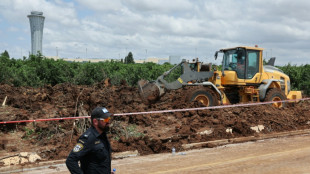 Huthis say US, Israel bomb Yemen after strike on Israeli airport
Huthis say US, Israel bomb Yemen after strike on Israeli airport
-
Lewandowski on bench for Barca's showdown with Inter, says coach Flick
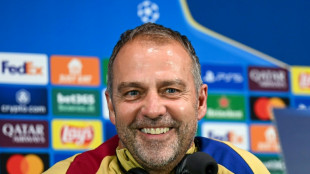
-
 Pricing birdsong: EU mulls nature credits to help biodiversity
Pricing birdsong: EU mulls nature credits to help biodiversity
-
Scholz vows continued German support in last call with Zelensky
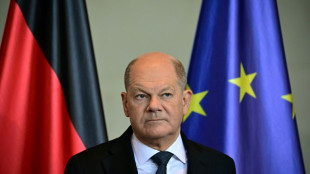
-
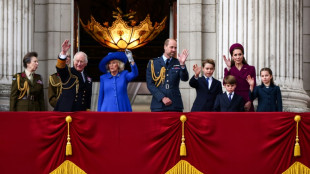 UK kicks off party to mark 80 years since end of WWII
UK kicks off party to mark 80 years since end of WWII
-
Global film industry reels from Trump tariff announcement
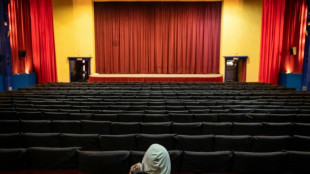
-
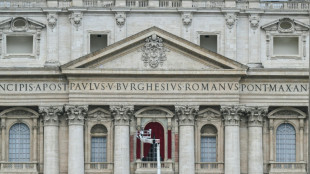 Cardinals assemble to elect pope and set course for church
Cardinals assemble to elect pope and set course for church
-
Meta content moderator cuts over 2,000 jobs in Spain: union

-
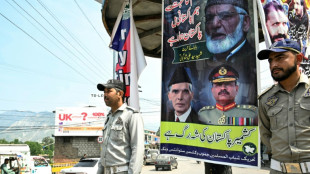 Pakistan conducts second missile test, India readies civil defence drills
Pakistan conducts second missile test, India readies civil defence drills
-
Pro-EU or pro-Trump? Romania faces decisive choice in vote
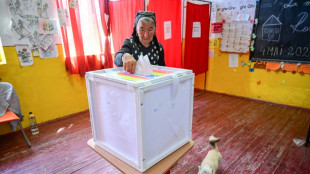
-
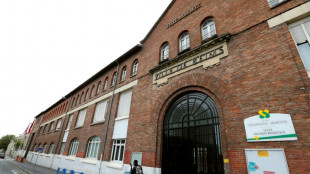 Nazi surrender site sets the scene for Wim Wenders short film
Nazi surrender site sets the scene for Wim Wenders short film
-
French court backs Olympics choreographer in cyberbullying case
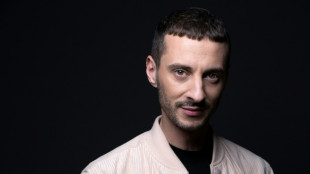
-
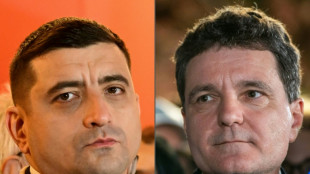 Romania run-off pits pro-Trump nationalist against centrist mayor
Romania run-off pits pro-Trump nationalist against centrist mayor
-
South Africa's Rabada back in IPL after serving drug ban
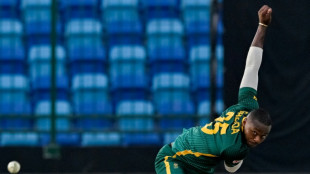
-
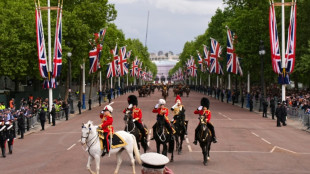 Pride and excitement as UK crowds celebrate 80 years since WWII's end
Pride and excitement as UK crowds celebrate 80 years since WWII's end
-
Ex-French interior minister Darmanin apologises for 2022 Champions League fiasco
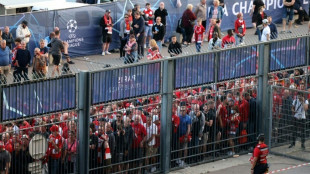

'Hard on the body': Canadian troops train for Arctic defense
In normal conditions, Canadian Air Force helicopter pilot Jonathan Vokey uses the treeline to gauge his altitude. But in the Arctic, where the landing zone is an expanse of white snow, he has to adjust.
"Operating in the cold, it's hard on the body, but it also can be challenging with the aircraft as well," Vokey, an Air Force captain, told AFP during an exercise aimed at preparing Canadian troops to operate in the country's extreme north, a region fast becoming a military priority.
Canada is making a significant push to boost its military strength in the Arctic, which accounts for 40 percent of its territory.
Arctic ice is melting as a result of climate change, opening up the region and increasing the risk of confrontation with rivals like Russia over the area's natural resources, including minerals, oil and gas, as well as fresh water.
"If I was to boil it down: you can access the north now more easily than you have ever been able to. And I would say that that's going to change even more drastically over the next 10, 20 years," said Colonel Darren Turner, joint task force commander of Operation Nanook, the annual Artic training exercise established in 2007.
"Once a route is opened, they will come. And that is something that we need to have an interest in. That is something that we need to have the capabilities to interdict, to stop," he told AFP.
That requires training more troops to operate in the region's extreme conditions and deploy to three Arctic military hubs that the government plans to build.
Operation Nanook -- the word for "polar bear" in an Inuit language -- is central to that effort.
In a long tent pitched on a vast sheet of ice and snow, troops practiced diving into frigid water.
In another location, teams worked on detecting hostile activity with infrared imaging, a particular challenge in the Arctic where the cold can obscure thermal signatures.
- 'A little different' -
Dive team leader Jonathan Jacques Savoie said managing the brutal weather is key.
"The main challenge on Op. Nanook in this location is the environment. The environment always dictates how we live, fight and move in the field," he said, noting the day's temperature of -26 degrees Celsius (-14.8 Fahrenheit).
This year's operation marked the first Arctic deployment for Corporal Cassidy Lambert, an infantry reservist.
She's from the eastern province of Newfoundland and Labrador, where maritime Atlantic weather creates wet, damp winters.
The Arctic, she conceded, is "going to be a little different."
"I don't handle the cold too well, but I think I've prepped myself well enough," she said.
Steven Breau, a rifleman with New Brunswick's North Shore regiment, said troops are trained on a range of region-specific safety measures, like avoiding frostbite.
Sweat can also become a problem.
"It's really important to stay dry, to take body heat into account. If you get too hot, you sweat. It gets wet, then it gets cold, then it freezes."
- 'Direct confrontation' -
The surrounding frozen tundra does not immediately look like the next frontline in a looming global conflict.
But leaders in multiple countries have put a spotlight on the Arctic.
President Donald Trump has repeatedly threatened to annex Greenland, insisting the United States needs the autonomous Danish territory for its security.
And days after taking over as Canada's Prime Minister last month, Mark Carney visited Iqaluit, in another part of the Canadian Arctic, to announce a multi-billion-dollar radar deal he said would be crucial to securing the nation's sovereignty.
Briefing troops arriving for Operation Nanook, Major Andrew Melvin said a direct confrontation with Chinese or Russian forces was "highly unlikely" during the exercise.
But, he added, "it is possible that either the PRC (People's Republic of China) or the RF (Russian Federation) intelligence services will seek to collect intelligence during the conduct of Op Nanook."
For Colonel Turner, protecting the Arctic from hostile actors means safeguarding a region that is inseparable from Canadian identity.
"It's a part of our raison d'etre... from a sovereignty perspective."
S.F.Warren--AMWN